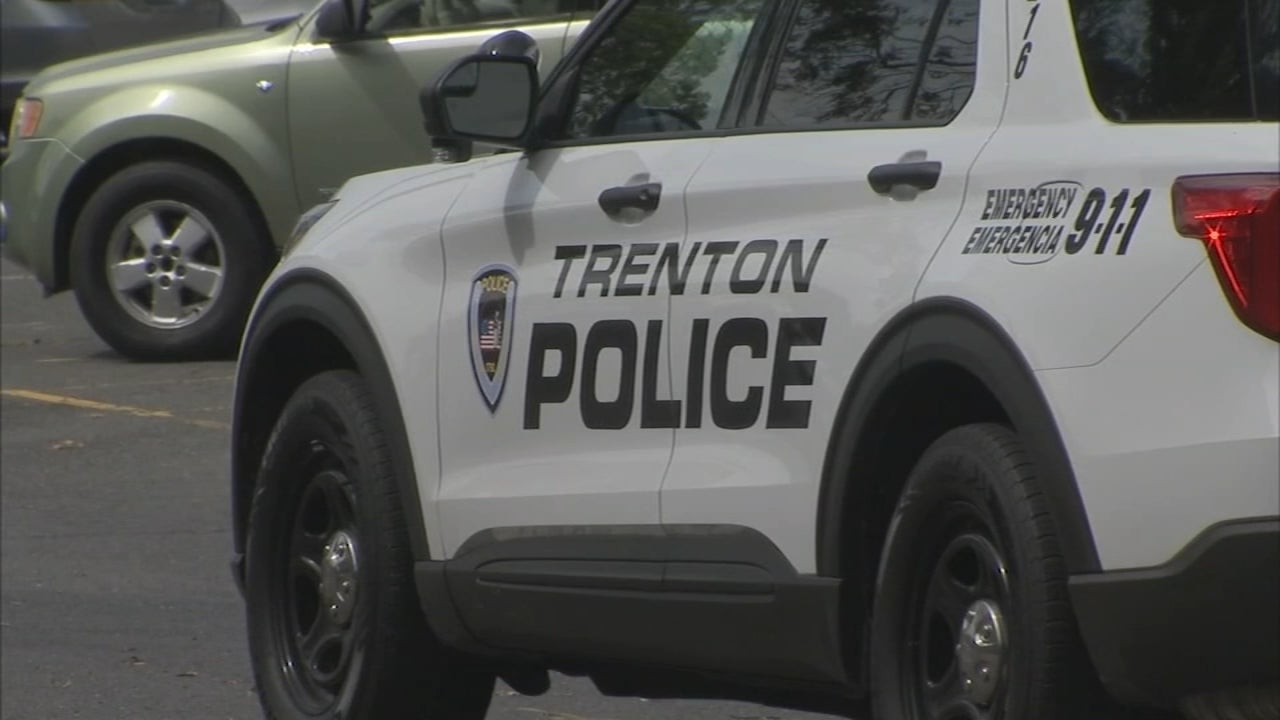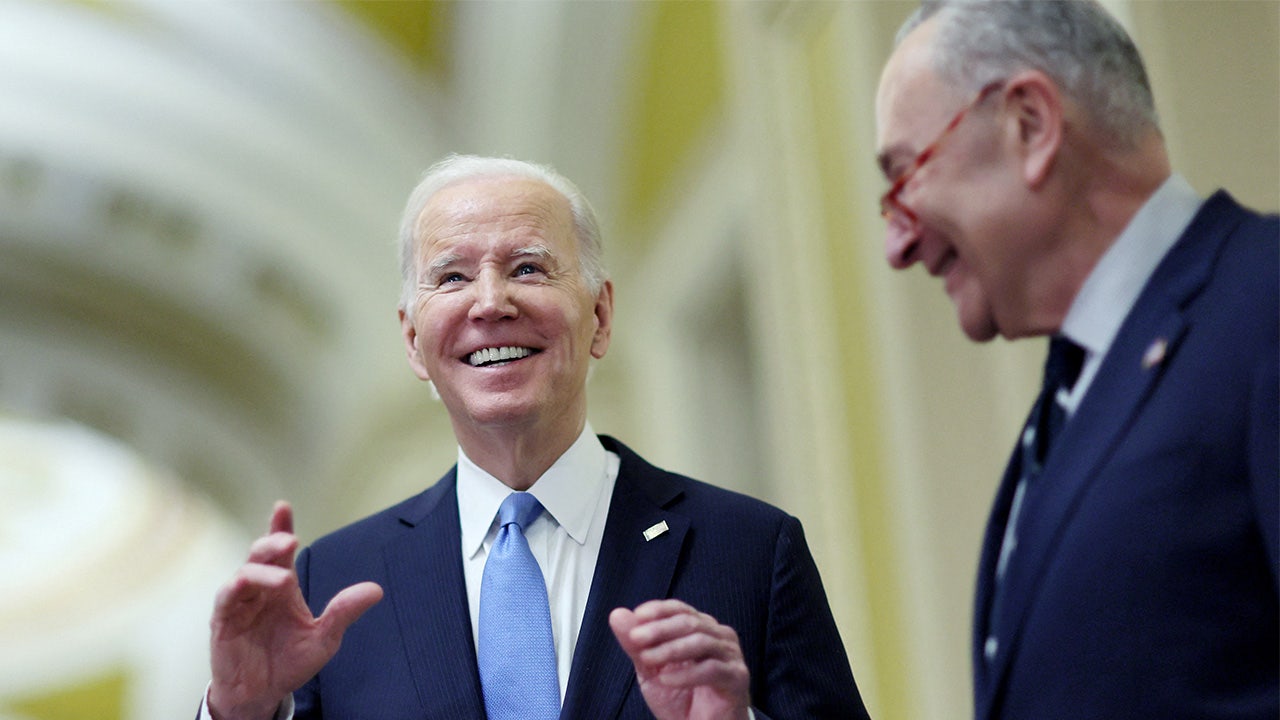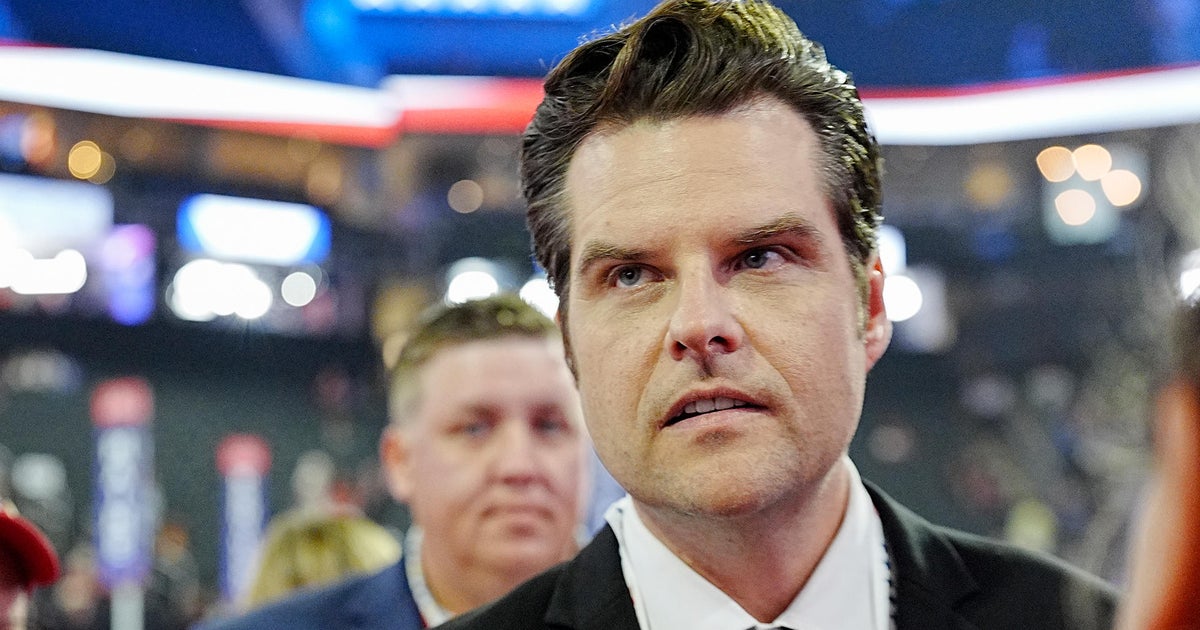New Jersey
N.J. teacher reported missing more than 6 months ago found dead, investigators say

More than six months after she was reported missing, a Morris County teacher has been found dead of an apparent suicide, investigators announced Wednesday.
Human remains were located on Nov. 19 in a wooded area off of Howard Boulevard and Route 80 in Roxbury Township, thanks to help of K9 tracking team that has been searching for Lara Emanuele, 46, a teacher at Alexander Hamilton Elementary School in Morristown, according to a statement from the Morris County Prosecutor’s Office. She was reported missing on June 7 after she had not returned home from work, authorities have said.
The Morris County Medical Examiner’s Office has confirmed the remains to be those of Emanuele, authorities said.
While the cause and manner of death were still undetermined, Morris County Prosecutor Robert J. Carroll said there was no evidence to indicate that her death was suspicious.
“I realize her disappearance has also generated rumors on social media that foul play was involved,” Carroll said in a statement. “While a thorough investigation continues into her death, at this time, evidence points to Emanuele having taken her own life. This was a determination that could not have been made prior to the recovery of her body.”
Investigators said early on that morning, Emanuele exited her vehicle in the parking lot of the hotel and left the area of her own free will. Her cell phone was also located in her vehicle after her disappearance, officials said.
A handwritten note was discovered in her car, indicating she did not want to be found, the office said.
“The Morris County Prosecutor’s Office extends its condolences to Ms. Emanuele’s family for their loss,” Carroll said. “Her disappearance generated an outpouring of support and concern for Ms. Emanuele and offers of assistance. Ms. Emanuele was a special person to her students, co-workers, family, and the community.”
Editor’s note: NJ Advance Media typically limits reporting on suicides to those that occur in crowded public places, involve public figures or, in special circumstances, where there is a larger public impact. Suicidal thoughts and behaviors can be reduced with the proper mental health support and treatment. If you are in crisis, please call the National Suicide Prevention Lifeline at 988 or contact the Crisis Text Line by texting TALK to 741741.
Please consider supporting NJ.com with a voluntary subscription.
Chris Sheldon may be reached at csheldon@njadvancemedia.com.

New Jersey
Surprise 7 to 11 inches of snow hit these N.J. towns. Latest forecast.

Up to another quarter-inch of rain is likely to fall by Friday evening across most of the state. Northwestern parts of the state will get another dusting of snow, while some higher elevation spots are expected to get a a few more inches.National Weather Service
New Jersey
New Jersey winemaker says drought helps the grapes, but he’s grateful for the rain this week

The much-anticipated rain finally made its way into the Philadelphia region this week.
For many gardens, nurseries and farms, the rain was needed.
But in Hammonton, New Jersey, Sharrott Winery says the drought wasn’t all that bad.
Sprawling on 34 acres, 22 of those under vine, the owner of the South Jersey winery says the drought conditions actually helped their vines.
Owner and winemaker Larry Sharrott said in the spring, the rain helped their vines grow.
Come August, the rain tapered off and the dry weather from there on out was used to their advantage.
“For grapes, if it’s dry starting in August and then running through the entire harvest season, that’s really good,” Sharrott said. “It helps concentrate the juice basically, so especially with red wine it makes a much more robust red wine. They take on much nicer fruit flavors.”
Sharrott said the team was also happy when it finally rained after the long stretch.
He said it was perfect timing because the vines could use a boost of hydration.
“But the fact that we have some rain now is really good for the vines because at this point they really need a good drink so they can begin shutting down for winter. We want them to be nice and hearty by the time we get the cold January and February temperatures,” he said
And if you are looking on the bright side, too, Sharrott say they are looking forward to future wines.
“We are going to have some great wines in a couple years when these come out of barrel,” he said.
New Jersey
Justice Department finds pattern of misconduct by Trenton Police

From Camden and Cherry Hill to Trenton and the Jersey Shore, what about life in New Jersey do you want WHYY News to cover? Let us know.
The Justice Department said Trenton’s police department have made arrests without legal basis, officers have escalated situations with aggression and used pepper spray unnecessarily.
The results of the yearlong investigation were contained in a 45-page report released Thursday morning during a virtual press conference with U.S. Attorney for New Jersey Philip Sellinger and Assistant Attorney General Kristen Clarke from the Justice Department’s Civil Rights Division.
“The people of Trenton deserve nothing less than fair and constitutional policing,” Sellinger said. “When police stop someone in Trenton, our investigation found that all too often they violated the constitutional rights of those they stopped, sometimes with tragic consequences.”
Maati Sekmet Ra, co-founder of the Trenton Anti-Violence Coalition, said she is not surprised about the Justice Department’s findings.
“You cannot talk about violence that happens and occurs in a place like Trenton without talking about police violence,” she said. “Police have historically brutalized, harassed and now it’s proven that they’re violating the civil rights of folks who live in Trenton.”
Officers violate the 4th Amendment in 2 areas
The two main findings of the report are that Trenton officers use excessive force and conduct warrantless traffic stops, searches and arrests. Both violate the Fourth Amendment to the United States Constitution.
According to the report, officers reported using force in 815 incidents between March 2020 and December 2023. The majority of them involved physical force; pepper spray was used by officers 120 times. A firearm was used once.
In one incident mentioned during the press conference, a 64-year-old man died from respiratory failure after he was sprayed in the face with pepper spray. Officers went to the man’s house to arrest his son who was involved in an earlier domestic incident.
The man, who was not involved in the incident, met with officers outside his front door informing them they would not be allowed in his house without a warrant. As they waited for a supervisor to come to the scene, one of the officers escalated the conversation, taunting the father and son, according to the federal report.
The officer said the son was “talking like he was ‘retarded’ and asking if the father was ‘crazy,’” according to the report. The language the officer used according to the report is considered outdated and a slur toward people with mental disabilities.
As the father was about to re-enter his house, an officer threw him across the porch, against the railing and slammed him face down on the porch steps. As officers were arresting the father, another officer sprayed him in the face.
“The officer who escalated the encounter inaccurately reported that the father physically presented a ‘threat/attack’ to the officer,” the report stated. “He also claimed that he grabbed the father because he feared that a dog inside would come out—a factor that no other officer mentioned and that video footage discredited.”
The father died 18 days after the incident.
-
Business1 week ago
Column: OpenAI just scored a huge victory in a copyright case … or did it?
-

 Health1 week ago
Health1 week agoBird flu leaves teen in critical condition after country's first reported case
-

 Business6 days ago
Business6 days agoColumn: Molly White's message for journalists going freelance — be ready for the pitfalls
-
World1 week ago
Sarah Palin, NY Times Have Explored Settlement, as Judge Sets Defamation Retrial
-

 Science3 days ago
Science3 days agoTrump nominates Dr. Oz to head Medicare and Medicaid and help take on 'illness industrial complex'
-

 Politics5 days ago
Politics5 days agoTrump taps FCC member Brendan Carr to lead agency: 'Warrior for Free Speech'
-
/cdn.vox-cdn.com/uploads/chorus_asset/file/25739950/247386_Elon_Musk_Open_AI_CVirginia.jpg)
/cdn.vox-cdn.com/uploads/chorus_asset/file/25739950/247386_Elon_Musk_Open_AI_CVirginia.jpg) Technology4 days ago
Technology4 days agoInside Elon Musk’s messy breakup with OpenAI
-

 Lifestyle5 days ago
Lifestyle5 days agoSome in the U.S. farm industry are alarmed by Trump's embrace of RFK Jr. and tariffs





















